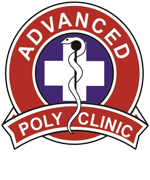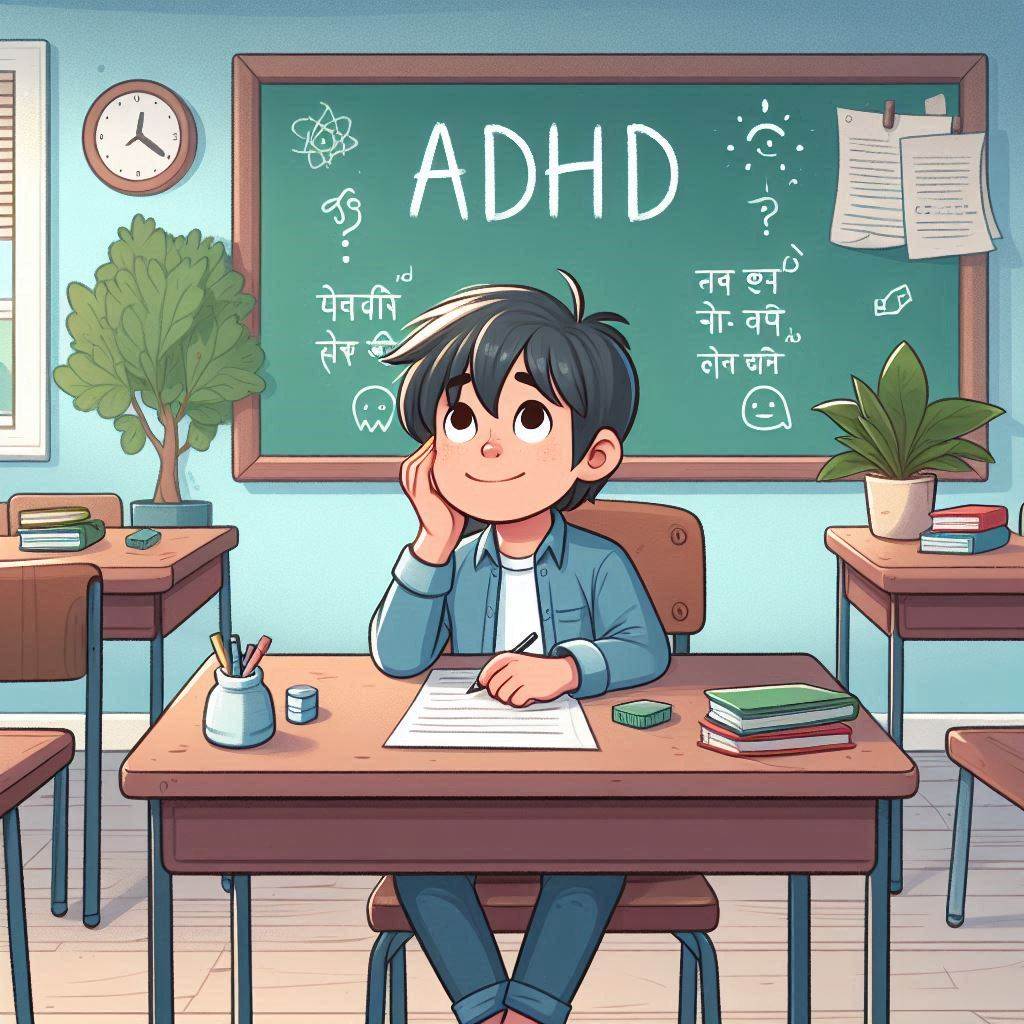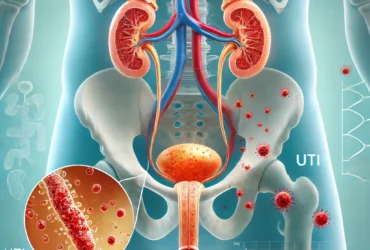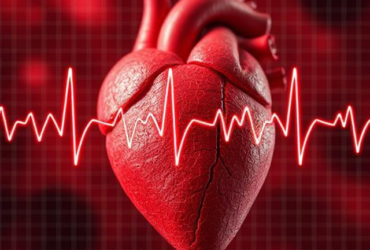Understanding the Condition and How to Manage It
What is ADHD?
ADHD, or Attention Deficit Hyperactivity Disorder, is a condition that makes it difficult for a child to sit still, pay attention, or make thoughtful decisions. ADHD often starts in childhood and can impact a child’s school performance, behavior at home, and interactions with peers. ADHD is more common in boys than girls. In Nepal, ADHD awareness has been growing, but many still face stigma and misunderstandings about the condition.
While there is no cure for ADHD, various treatments are available to help manage the symptoms and improve a child’s quality of life.
What are the Symptoms of ADHD?
Children with ADHD may exhibit one or more of the following behaviors:
- Increased activity (Hyperactivity): The child may find it hard to sit still, stay quiet, or play calmly.
- Impulsive actions: The child might interrupt others or act without thinking, often getting into trouble.
- Difficulty concentrating: Children with ADHD may forget things easily, lose items, or struggle to complete tasks.
Symptoms typically emerge before the age of 12, and they often persist into adolescence and adulthood. These symptoms can vary in intensity, and the child may experience different challenges as they grow older.
Is There a Test for ADHD?
Currently, there is no specific test for ADHD. If you suspect that your child has ADHD, it’s essential to consult a healthcare professional. They will assess your child’s symptoms and behavior at home and school. Teachers’ observations can provide valuable insights into your child’s performance in the classroom.
A doctor can diagnose ADHD if the symptoms:
- Occur in more than one setting (such as both at home and at school)
- Last for at least six months
- Appear before the age of 12
- Affect school performance or relationships
Other conditions may cause symptoms similar to ADHD. For example, children with learning disabilities may also struggle at school. Therefore, a thorough evaluation by a doctor is necessary to identify the underlying cause of the symptoms.
Does ADHD Need to Be Treated?
Yes, most healthcare professionals recommend treating ADHD. If left untreated, ADHD can lead to difficulties in school, problems with social interactions, and higher risks of depression or accidents. Early intervention can help manage symptoms effectively, allowing children to thrive at school, at home, and in social settings.
How is ADHD Treated?
There are various treatment options available to help children with ADHD. The goal is to improve their symptoms and enable them to perform better academically, socially, and emotionally. Common treatments include:
- Medicines:
Doctors can prescribe medication to help children focus and manage impulsive behavior. In Nepal, medications like stimulants are commonly prescribed for ADHD, but they can have side effects. It’s important to monitor your child closely and communicate any concerns with your healthcare provider. Sometimes, finding the right medication may take time. - Behavioral Treatment:
Making small changes at home can significantly improve behavior. Creating routines, such as using checklists for daily tasks, setting reminders for homework, and keeping a dedicated space for school materials, can help children with ADHD stay organized. - School Modifications:
Teachers can also make accommodations in the classroom, such as providing written instructions for homework or allowing extra time for assignments. Collaborating with your child’s school to develop a tailored plan is crucial. These adjustments may need to evolve as your child grows or if their symptoms change.
Some children with ADHD may also have other challenges, such as anxiety, sleep problems, or learning difficulties. Addressing these concerns can often help alleviate ADHD symptoms as well.
Should You Try Alternative Treatments?
There are various alternative treatments for ADHD, such as special diets or vitamins. However, experts do not recommend these as primary treatments unless supported by scientific evidence. Always consult with your doctor before pursuing any alternative therapies to ensure your child’s health and safety.
Can Adults Have ADHD?
Yes, ADHD can continue into adulthood. In fact, many adults discover they have ADHD only after their children are diagnosed with it. Adults with ADHD may face challenges in their professional and personal lives, such as difficulty focusing at work or managing relationships.
If you suspect you may have ADHD as an adult, discussing it with your doctor is essential. Some individuals find it helpful to join support groups or counseling sessions to manage symptoms more effectively.
How We Can Help at Advanced Poly Clinic?
At Advanced Poly Clinic, we specialize in diagnosing and managing ADHD in children. Our healthcare professionals are experienced in assessing ADHD symptoms and providing treatment plans tailored to each child’s needs. We collaborate closely with schools, parents, and other caregivers to ensure a comprehensive approach to treatment.
If you believe your child may have ADHD, we encourage you to contact us for an evaluation and to learn more about available treatment options.
📞 01-4531078 or 01-4543386
- Book an Appointment:






